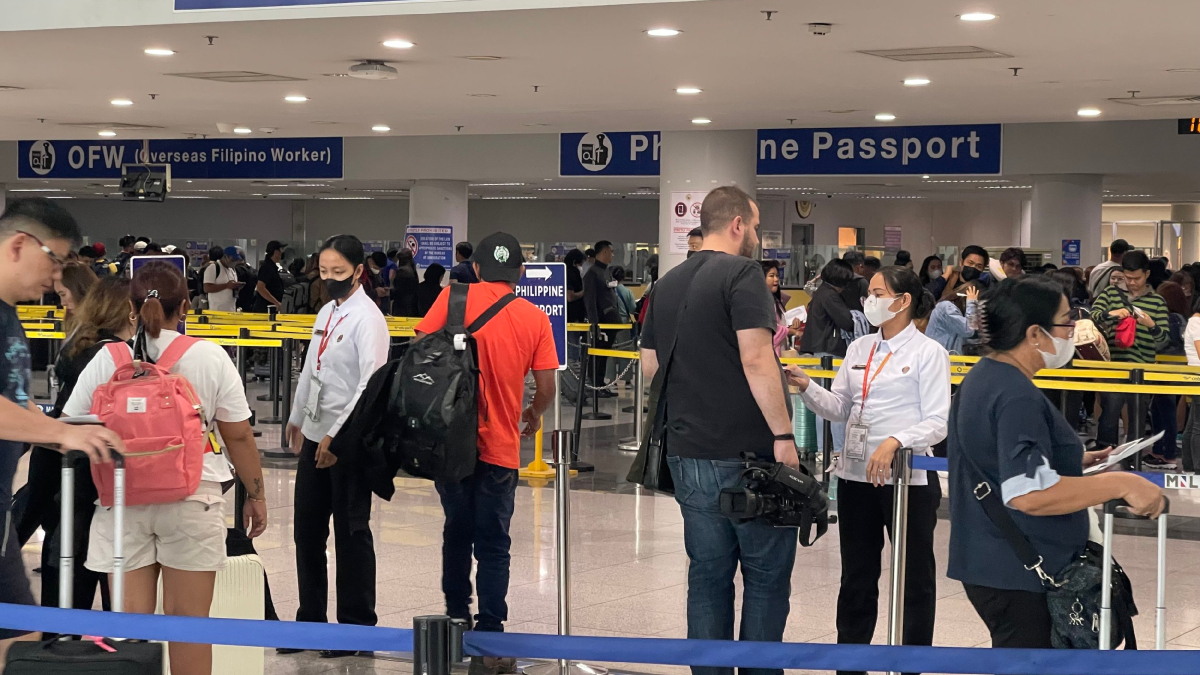The Philippines has implemented stricter measures for all travelers, including overseas Filipino workers (OFWs), tourists, and foreigners, requiring them to declare any symptoms such as “rashes, vesicles, or blisters” they may have experienced in the last 30 days prior to their travel. This is part of the country’s intensified efforts to prevent the spread of mpox (formerly monkeypox).
According to a Khaleej Times report, these new measures are integrated into the updated e-travel form that all passengers must fill out online before traveling. This form contributes to data collection for “border control, health surveillance, and economic data analysis,” according to the Philippine Department of Health (DOH).
The DOH stated on Thursday that this added precaution is aimed at “preventing the entry of additional mpox cases from abroad, particularly clade 1b.” A minor but significant change has been made to the screening questions asked by the DOH Bureau of Quarantine (BOQ) as part of the electronic travel form.
The Philippine health ministry emphasized the importance of honest answers, stating, “Should a traveller answer ‘yes’ when asked if they have been sick in the past 30 days, the dropdown list will now include the option ‘rashes, vesicles, or blisters’. It is important for all travellers to be honest in answering this question.”
If the traveler is found to be from a country with an mpox outbreak, has a history of exposure to mpox cases, or shows signs and symptoms of the disease, the e-travel system will alert the Bureau of Immigration and the DOH-BOQ. The traveler will then undergo a second screening and, if considered a suspected case, be transferred to an mpox referral hospital.
On Wednesday, the DOH reported two new cases of mpox, increasing the number of active cases to five. Since July 2022, the country has recorded 14 cases, with nine individuals having recovered by 2023.
Mpox symptoms include a skin rash or mucosal lesions that last two to four weeks, along with fever, headache, muscle aches, back pain, low energy, and swollen lymph nodes. Although mpox has been an ongoing health issue in parts of Africa since 1970, it gained global attention in 2022 when cases surged internationally, prompting the World Health Organization (WHO) to declare a global health emergency. This emergency declaration ended after 10 months, but a new strain, clade 1b, has recently renewed worldwide concern, leading to another health emergency declaration by the WHO.






